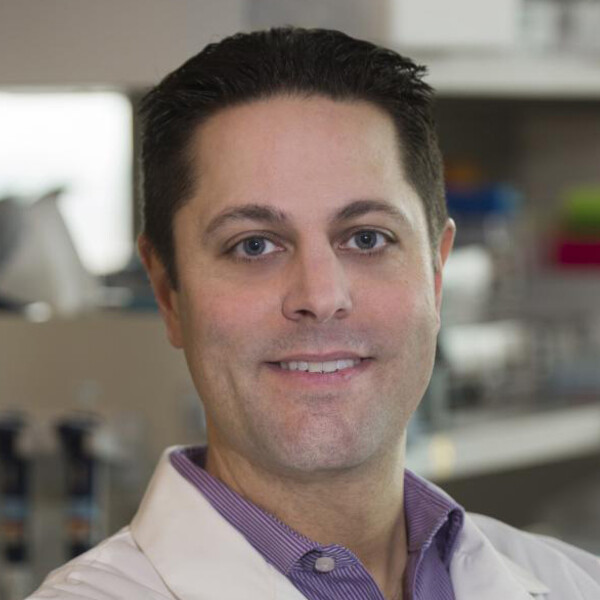David Brooks
PhD

My laboratory is focused on understanding the molecular mechanisms and cellular interactions that promote immune suppression and failure to control cancer and chronic infections. Our goal is then to use this information to design therapies that block these suppressive pathways to broadly restore immunity to eliminate these diseases. It is becoming increasingly evident that host-based immunosuppressive factors induced during cancer and chronic virus infections inhibit T cells from curing the disease. Importantly many of the same factors suppress the immune responses against multiple chronic diseases, suggesting conserved underlying mechanisms of immune dysfunction; and as a result, that it will be possible to simultaneously develop immunotherapies that target central drivers of immunosuppression to fight both chronic viruses and tumors.
In particular, we were the first to discover many new mechanisms of immune regulation during chronic infection and many of our discoveries are being tested in pre-clinical and clinical studies to treat human disease. In addition to immunosuppression, cancer and chronic infections are associated with inflammation that is increasingly being recognized to further exacerbate immune exhaustion and promote disease progression. Although these two seemingly opposing programs of inflammation and immunosuppression co-exist and each associated with worsened disease, their relationship is unclear. Our group recently discovered that in addition to their critical antiviral and immunostimulatory roles, type I interferons (IFN-I) are core regulators of the diverse suppressive pathways that suppress immunity during viral persistence and demonstrated that IFN-I signaling could be blocked to restore immune health and control chronic virus infection. We are currently extending these studies to cancer and cancer immunotherapy to understand how chronic IFN alters anti-tumor immunity and the potential use of distinct IFN signatures as biomarkers of therapeutic efficacy.
In order to understand the immune mechanisms that promote control of cancer and chronic infections, our laboratory uses multiple cutting-edge high dimensional approaches to interrogate mouse tumor models, human tissues and clinical trials. Among the interests in the laboratory are to explore: (1) the mechanisms of immunosuppression that drive innate cell dysfunction and T cell exhaustion in cancer and chronic virus infections and how to therapeutically overcome them to cure these diseases; (2) how chronic inflammation and type I interferon signaling alter immunity to both propel and inhibit antiviral and anti-tumor immunity; (3) to uncover the mechanisms of CD4 T cell help that enable and sustain immune control to chronic diseases, and the dysfunctions that prevent them; and (4) to understand the relationship between the tissue microenvironment and immune regulation in potentiating disease progression or control. Overall, our goal is to use this information to develop novel and comprehensive immunotherapeutic strategies to fight chronic viruses and cancers.
